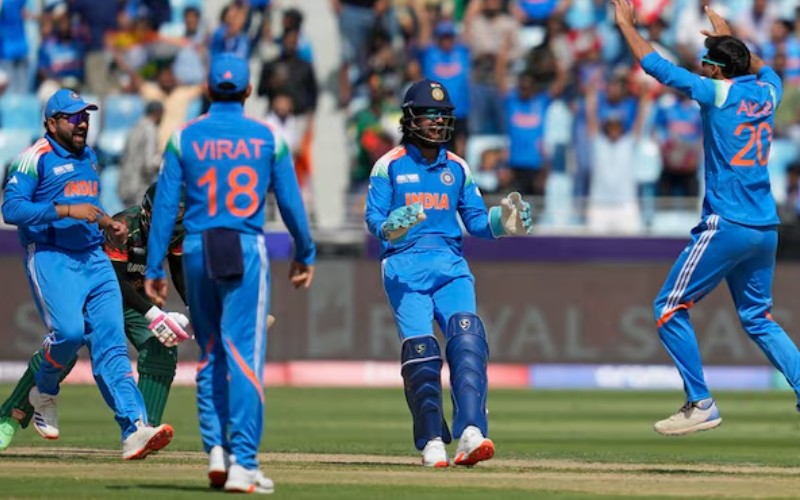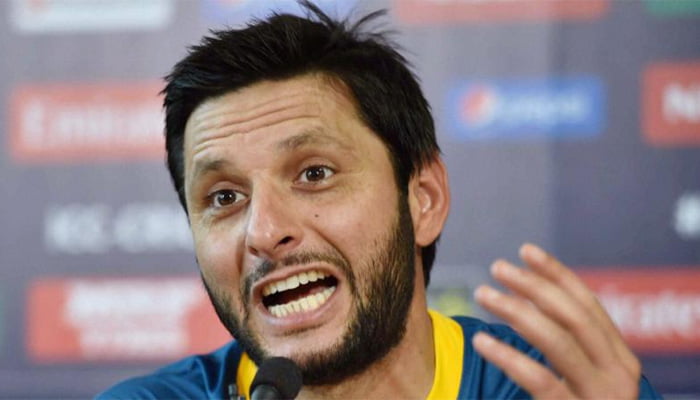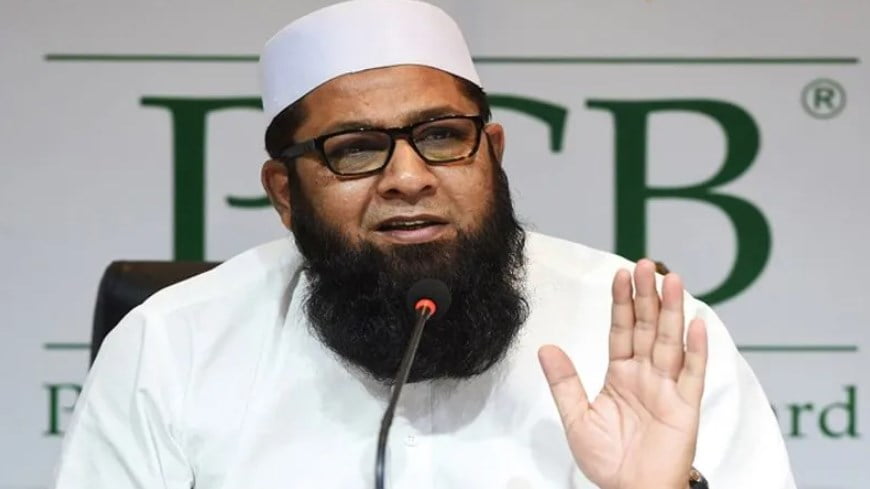Former Pakistan captain Shahid Afridi believes India has a clear edge over Pakistan in terms of match-winners ahead of their highly anticipated Champions Trophy Group A showdown at the Dubai International Stadium on Sunday. Afridi acknowledged India’s depth in batting and all-round strength, contrasting it with Pakistan’s inconsistency in producing game-changers over an extended period.

“If we talk about match-winners, India undoubtedly has more,” Shahid Afridi stated on JioHotstar. “A true match-winner is someone who can single-handedly take the game away. Unfortunately, Pakistan lacks such players right now. We have players who deliver in patches, but no one who has consistently performed over 50-60 matches or across multiple years. India’s biggest strength lies in its middle and lower order—they’ve been winning games consistently from difficult situations.”
Despite Pakistan’s historical successes against India in the Champions Trophy, including victories in 2004, 2009, and their famous 2017 final win at The Oval, Afridi emphasized that Pakistan’s best chance of beating India lies in a collective team effort. “It will take an all-round performance—batsmen, bowlers, and spinners—all contributing together,” he said.
ALSO READ: Ricky Ponting Hails Mohammed Shami’s Heroics In Champions Trophy Comeback
Responding to Afridi’s remarks, former Indian all-rounder Yuvraj Singh acknowledged India’s superior match-winners but also pointed out Pakistan’s familiarity with Dubai’s conditions as a potential advantage.
“Pakistan has played a lot of cricket in Dubai and understands the conditions well. On slower wickets, both Indian and Pakistani players excel, as they have always played spin better than most teams.” Yuvraj further noted that individual brilliance alone doesn’t always decide an India-Pakistan clash. “Yes, I agree with Afridi that India has more match-winners. But this match is about handling the pressure, adapting to the situation, and executing the right skills at the right time. Even if Pakistan has fewer match-winners, all it takes is one player to turn the game around. The team that stays in the moment and plays fearless cricket will emerge victorious.”

Defending champions Pakistan didn’t get off to an ideal start in the tournament, suffering a 60-run defeat to New Zealand in their opener, while India secured a comfortable six-wicket win over Bangladesh. Afridi stressed the importance of captain Mohammad Rizwan leading from the front, especially after Pakistan’s disappointing start.
“As captain, Rizwan must set an example,” Shahid Afridi said. “His performance, attitude, and leadership will be crucial. A captain gets both praise and criticism, but he must remain unfazed and inspire his team. Rizwan is a fighter, and his energy is contagious. If he steps up in big matches, he can lead Pakistan to crucial victories.”
WATCH – Ryan Rickelton’s Century Cut Short By Rashid Khan’s Brilliant Throw In Champions Trophy 2025
Meanwhile, former Pakistan captain Inzamam-ul-Haq highlighted the importance of dismissing India’s senior batting duo—Rohit Sharma and Virat Kohli—early to shift the momentum in Pakistan’s favour.

“There’s no doubt that all Indian players are talented, but Virat and Rohit are in a different league,” Inzamam ul Haq remarked. “They’ve been delivering for almost 20 years, and their presence in the team makes a massive difference. If Pakistan can get them out early, it will significantly boost morale and unsettle the Indian dressing room. That’s not to say the rest of the Indian lineup isn’t strong, but many of them are still developing into top-tier players.”
Inzamam drew a parallel with Babar Azam’s role for Pakistan. “Similarly, when Babar gets out early, the opposition gets a lift, and Pakistan feels the pressure. To win, Pakistan’s middle and lower order must step up. But if India loses both Rohit and Virat cheaply, Pakistan can seize the advantage and turn the game in their favor,” he concluded.
As Sunday’s high-voltage clash approaches, all eyes will be on how both teams handle the pressure of this iconic rivalry.
